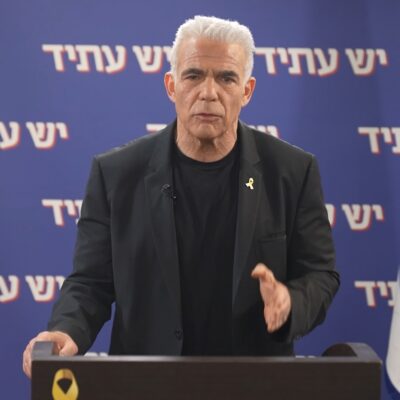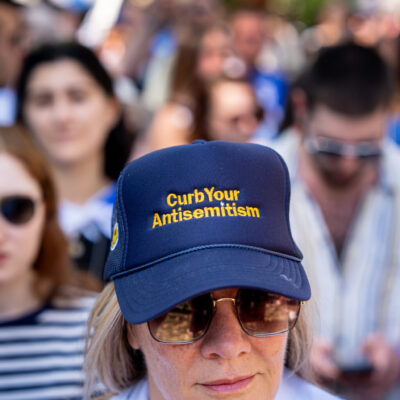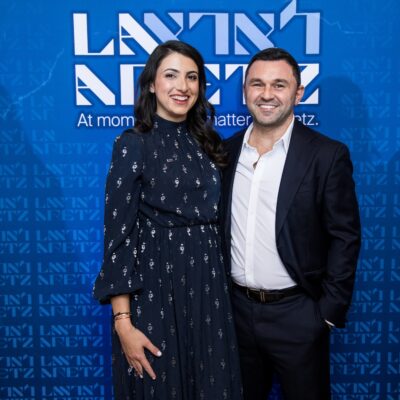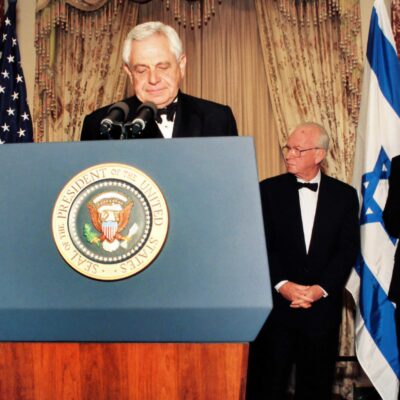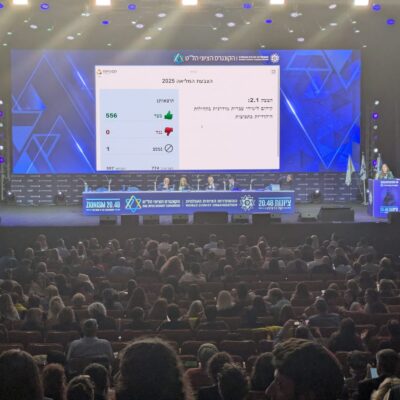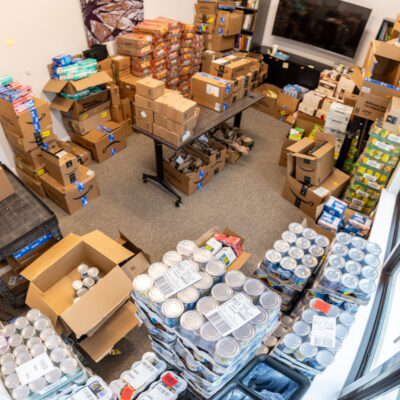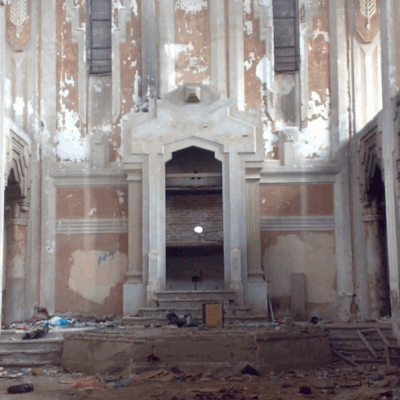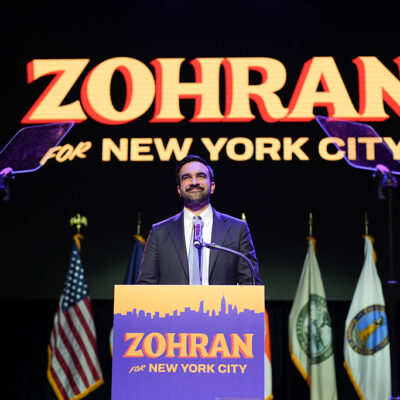Opinion
Networks
Woven together: Lessons from bringing Israeli rabbis to the U.S.
In Short
In meeting with their American colleagues, Israeli rabbis begin to reflect on the opportunities they have to lead their own communities in different and more exciting ways. In fact, the very realization that synagogues, schools, Hillels and camps are at the heart of American Jewish communal life, is in itself a “chiddush” (or innovative notion) for many Israelis, and one that they only realize as they spend time in the Diaspora.
Is it really necessary? Is it worth the cost? The time? The effort?
As the directors of Rikmah, Yeshivat Chovevei Torah’s (YCT) Beit Midrash for Rabbinic Leadership in Israel, we have spent countless hours educating Israeli rabbis during weekly cohort meetings and summer chaplaincy intensives. We recently oversaw our third cohort’s visit to the United States. Having now brought together 40 rabbis through this program, we are confident that the answer to the above questions is a resounding “yes.”

Rabbi Yonah Berman.
Here are five lessons we’ve learned so far, as we reflect on our first three cohorts.
Israeli communal leadership benefits from witnessing American communal leadership.
In meeting with their American colleagues, Israeli rabbis begin to reflect on the opportunities they have to lead their own communities in different and more exciting ways. In fact, the very realization that synagogues, schools, Hillels and camps are at the heart of American Jewish communal life, is in itself a “chiddush” (or innovative notion) for many Israelis, and one that they only realize as they spend time in the Diaspora. As Israelis watch their American counterparts in action, they see the power they have to better organize and convene individuals back at home, uniting people around shared values, celebrations and opportunities for activism and growth. This experience is particularly powerful as they witness their Orthodox colleagues, be they from Chabad, YCT, Maharat, YU, or other institutions, who are challenged every day to take Jewish tradition, learning and ritual and apply them to the modern American scene.
Women and men are equal partners in this holy work.
The past few decades have witnessed an explosion of women’s study of Talmud and halacha, in Israel, the U.S., and beyond. These individuals have taken on roles in communities, schools and other Jewish institutions, where their voices provide Torah leadership, knowledge and wisdom. As we built our third cohort, we were privileged to partner with Maharat, and we included female participants for the first time. Our learning has been greatly enhanced by the presence of women and men together, delving deeper into questions of rabbinic identity, inclusion and the structures of communal leadership. All of our participants gain from being in a mixed group, enhancing each others’ experiences, challenging each others’ assumptions and more accurately mirroring their own communal realities.
More connection = less stigma.
The U.S. visit centers around meeting rabbis from within and beyond Orthodoxy. Our meetings with clergy representing other denominations are always honest and sometimes very challenging. They also remind us of our shared Torah, goals and work. We are grateful to those who volunteer their time for our group, including Rabbi Rachel Ain of the Conservative movement, Rabbi Angela Buchdahl of the Reform movement, and Rabbi David Ingber of Renewal Judaism, three community builders and leaders, steeped in Jewish tradition and values. Our group remains inspired by these and other rabbis’ tenacious battle to draw people into Jewish communal life, learning and practice.
U.S. communities benefit, too.
Over the course of two weekends, our rabbis learned with and taught in congregations across the United States, from New York City, to Berkeley and Chicago, to Nashville and Atlanta. These communities benefited from their learning with these rabbis, and perhaps most profoundly, from the realization that they, as Diaspora Jews in Diaspora Jewish communities, serve as models and inspiration for stronger communal life in Israel. By bringing “outsiders” into communal institutions, we both celebrate our own accomplishments and become more introspective about all that we must continue to build.
There is much more to do.
The presence of women, many of whom lack the same level of access to Orthodox rabbinic organizations that their male colleagues enjoy, has further motivated us to continue to build our rabbinic network in Israel. We already have a built-in group of over 50 rabbanim and rabbaniyot in Israel, counting our Rikmah graduates along with YCT alumni and Maharat alumni who have made aliyah. These Israelis and Americans alike work in Israeli schools, hospitals and synagogues. They serve in the IDF and as advisors and leaders in various levels of the government. It is now up to us to foster their nascent rabbinic network and continue to build it by adding new members, and deepening the connections between those already involved.
As Rikmah begins recruiting its fourth cohort, we are confident in our graduates, proud of their work, and excited to see this program’s continued development and contribution to am yisrael in Medinat Yisrael, North America and throughout the world.
The authors, Rabbi Yonah Berman with Rabbanit Yafit Clymer, and Rabbi Ilay Ofran serve as U.S. and Israeli directors of Rikmah: the YCT Beit Midrash for Rabbinic Leadership in Israel. They dedicate this article to Rikmah’s first 40 rabbinic fellows, whose commitment to building a professional rabbinate in Israel inspires so many every single day.

 Add EJP on Google
Add EJP on Google